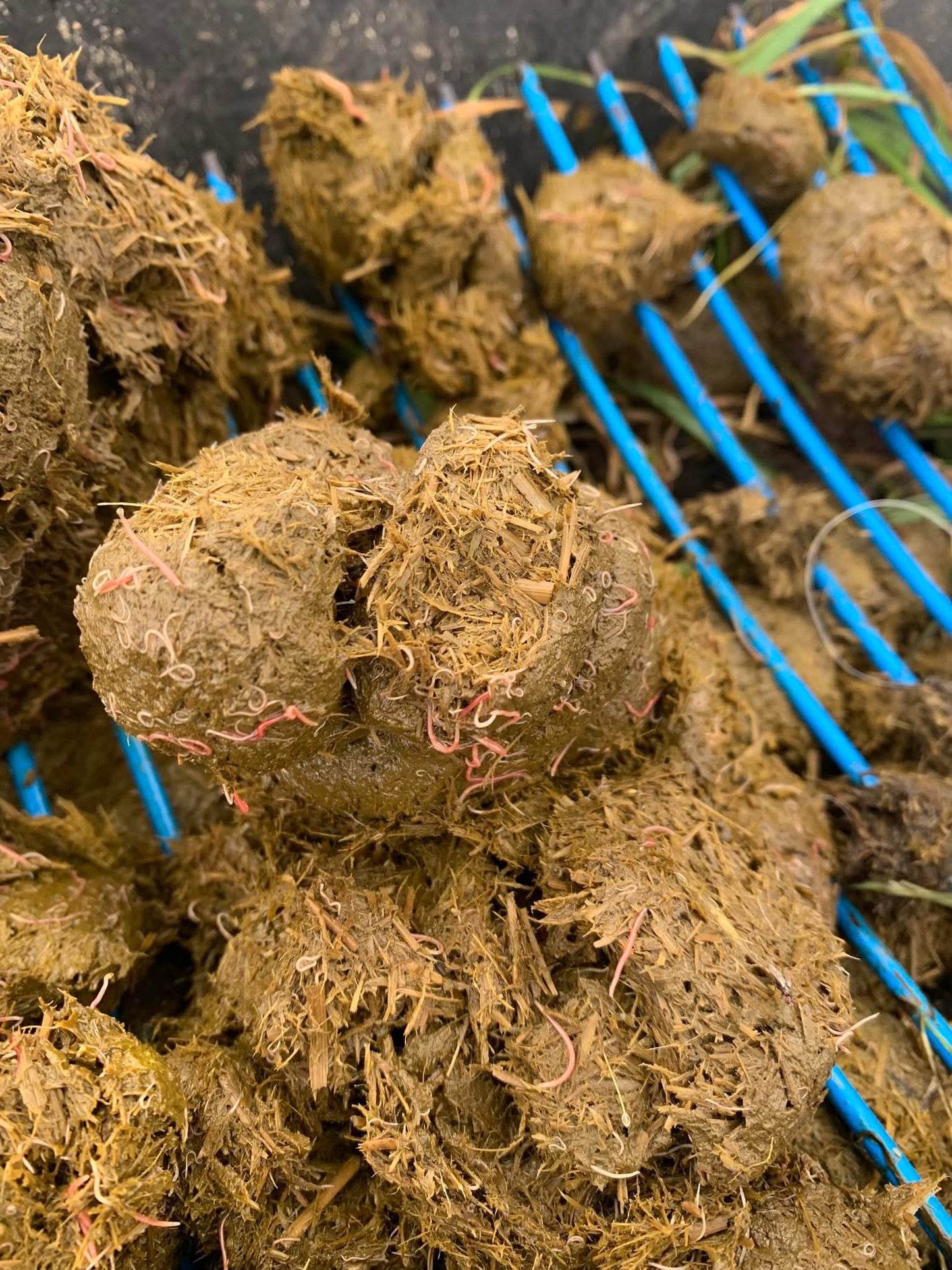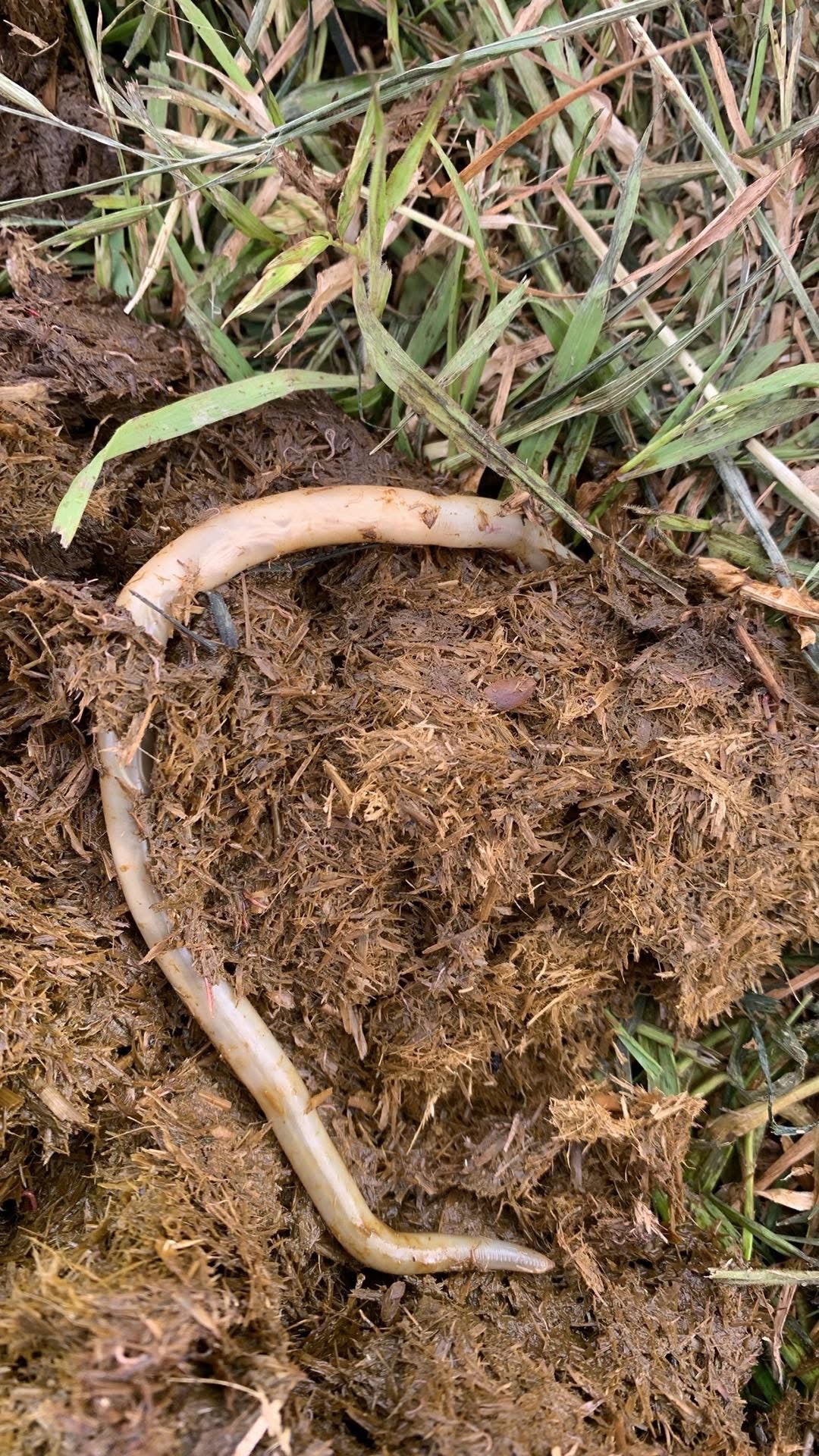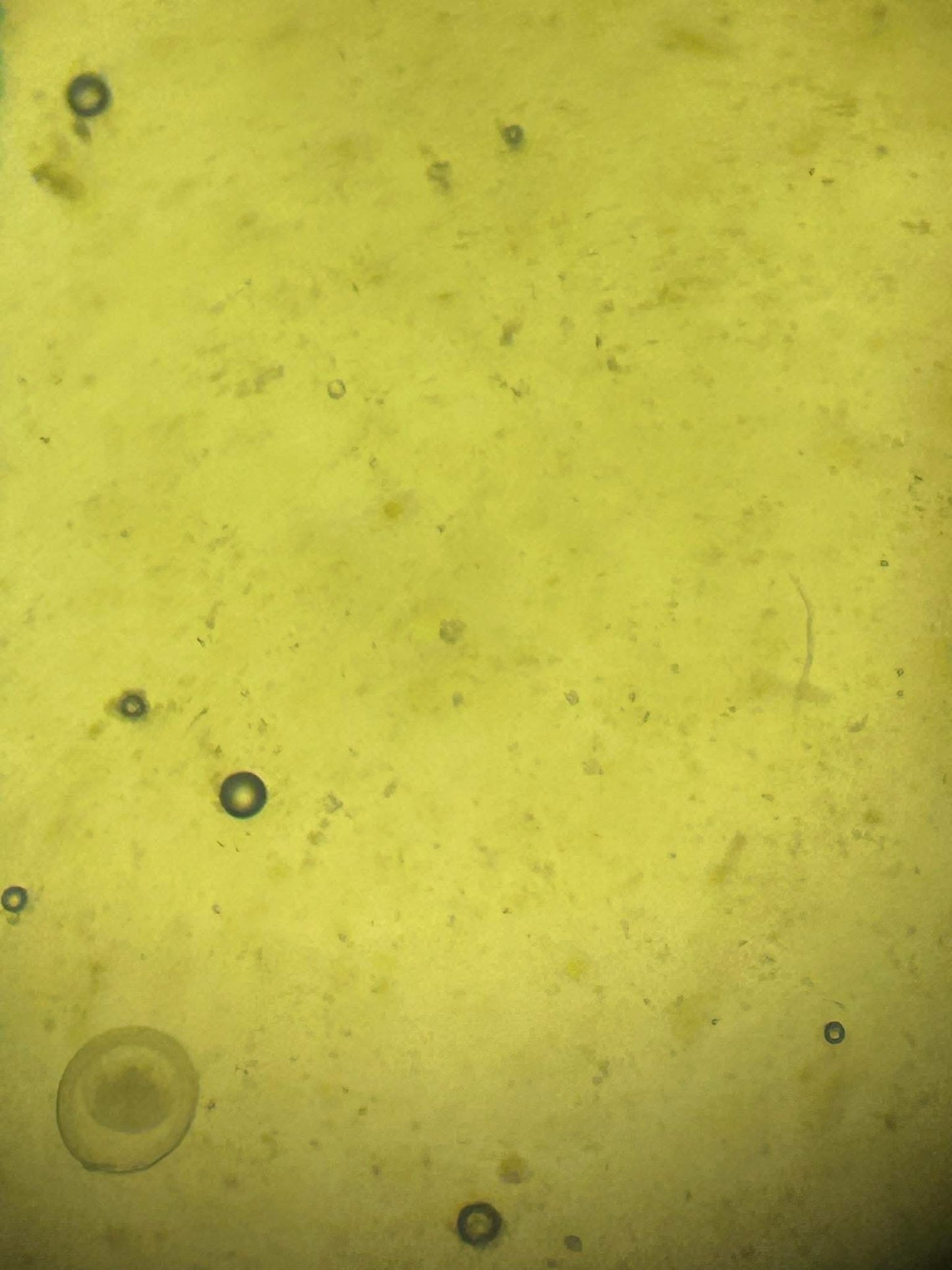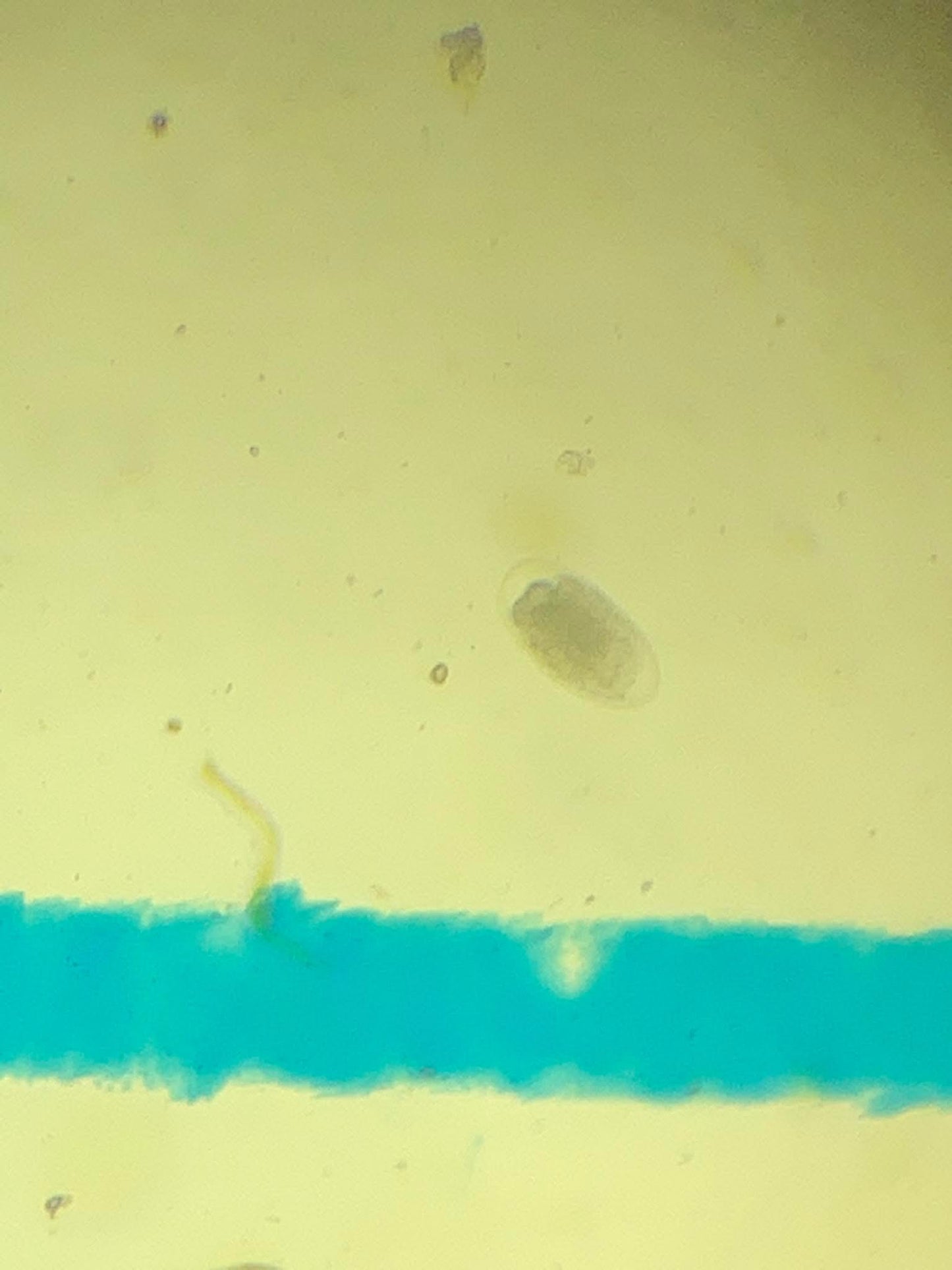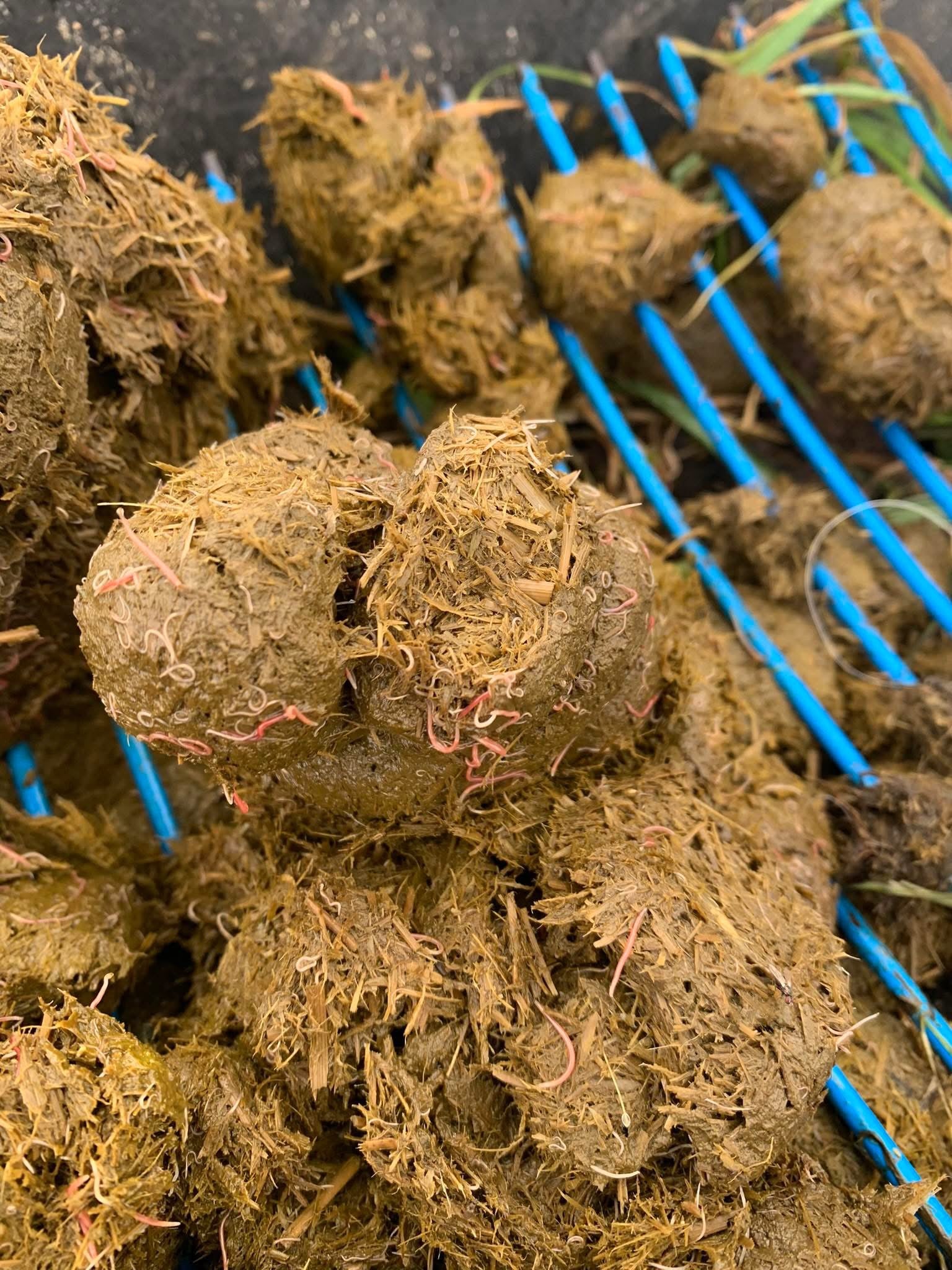About
Cailin's Critical Care is a small Australian owned and operated business based in the Hunter Valley NSW. We are dedicated to equine health and wellbeing, we pride ourselves in delivering quality products at reasonable prices with great customer service.
With many years of experience within the equine industry, I would like to share my passion for equine heath, care and wellbeing. Having faced many situations where first response First-Aid is required I felt the need to create a range of first aid kits.
You will be sure to find a kit that is best suited to your needs wether it be the emergency first aid kit, foaling down or one of our abscess kits at the ready. Cailin's Critical Care Kits can also be refilled from this site. Have a question...? no problem, either chat with us or send us an email, we are more than happy to help.
We look forward to helping ensure you are prepared for any medical issues you and your equine friend may be faced with.
Equine Faecal Egg Counts (FECs): What They Are and Why They Matter
What is a Faecal Egg Count?
A Faecal Egg Count (FEC) is a laboratory test that measures the number of parasite eggs (usually strongyles and ascarids) present in a horse’s manure. This test helps to determine the horse’s worm burden and guides effective worming strategies based on real data — not guesswork.
Why Are FECs Important?
For many years, worming horses was done on a routine schedule. But over time, this led to a serious issue: parasite resistance to common wormers.
FECs allow you to:
Identify horses with high worm burdens that actually need treatment
Avoid unnecessary worming in horses with low or no egg counts
Monitor the effectiveness of your worming program
Help prevent resistance by using targeted treatments only when needed
What Do the Results Mean?
EPG Range Interpretation Action
0 – 200 Low egg count Likely doesn’t need worming
200 – 500 Moderate egg count May need monitoring or treatment
500+ High egg count Likely requires worming
How Often Should FECs Be Done?
We recommend testing:
Every 8–12 weeks during peak worm seasons (spring and autumn)
Before and 14 days after worming to assess treatment effectiveness
Individually — as horses vary in how they carry and shed worms
Who Benefits Most from FEC Testing?
Horse owners who want to manage their worming programs more effectively
Properties with multiple horses or paddock rotation systems
Owners looking to reduce chemical use and preserve wormer efficacy
Those wanting to improve herd health and pasture management
Key Takeaways:
FECs are simple, affordable, and powerful tools in parasite control
They help you target treatment only where needed
Regular testing supports long-term horse health and wormer sustainability
At Cailin’s Critical Care, we offer reliable, accurate Faecal Egg Counts with clear reporting and expert advice. Whether you’re managing a single pony or a herd, we’re here to help you make informed decisions.
📞 Have questions? Contact us any time for support.
Cailin's Critical Care
Faecal Egg Count
How to Send: Collect 1-2 pieces of fresh faecal matter and place into a zip lock bag labelled with your name, number, email and horse's name. Leave a note when you pay for your order if you will be posting or dropping off your sample. Drop off locations at Singleton and Whittingham, otherwise shipping is to be arranged at customer's discretion.
Share
